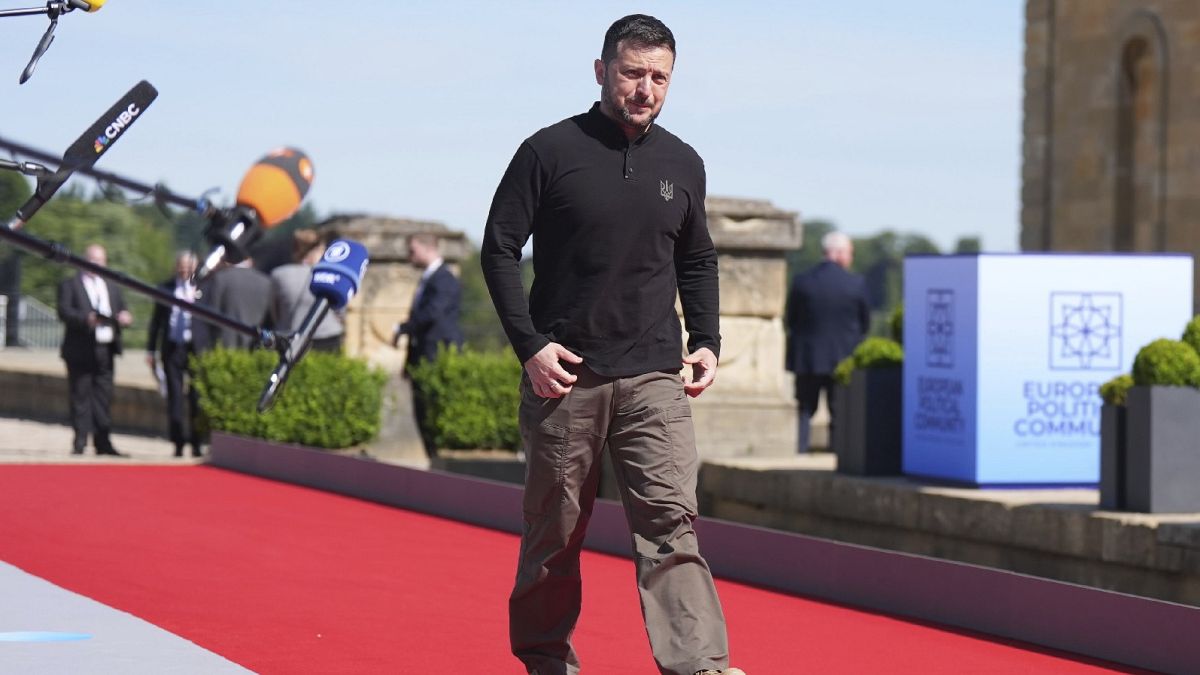Hungarian Prime Minister Viktor Orbán has faced widespread criticism for his recent visits to Moscow and Beijing. Ukrainian President Volodymyr Zelenskyy publicly condemned Orbán’s “peace mission” trips, warning other European leaders to be cautious of those who may undermine common interests. Orbán, who is currently holding the rotating presidency of the Council of the EU, met with Russian President Vladimir Putin to discuss the war in Ukraine before flying to Beijing for talks with Chinese President Xi Jinping. The European Commission has announced that its commissioners will boycott informal Council meetings organized by Hungary’s presidency, with Ursula von der Leyen calling Orbán’s trips an “appeasement mission”.
The Hungarian government has emphasized that Orbán’s visits were conducted on a bilateral basis and that he did not represent the EU, despite the use of the Hungarian EU presidency logo. European Council President Charles Michel reiterated that the rotating presidency does not speak for the EU in foreign affairs and that the bloc stands firmly in its support for Ukraine. Irish Taoiseach Simon Harris echoed the sentiment, emphasizing the importance of a united European front in defending democracy and territorial integrity. Orbán defended his actions, stating that he was representing himself and not the EU, and emphasizing the need for negotiations rather than military solutions to the conflict in Ukraine.
Despite the condemnation he has received, Orbán maintains that his approach is based on political leadership and a belief in the importance of negotiation over military conflict. He argues that the solution to the conflict lies in ceasefire negotiations rather than on the battlefield, highlighting his understanding of the complexities involved due to his proximity to the region. Orbán’s stance has sparked a debate within the European community, with some countries advocating for a more aggressive approach towards Russia, while others, like Orbán, pushing for a diplomatic resolution. The differing opinions within the EU underscore the challenges of maintaining unity in the face of geopolitical crises.
The Blenheim Palace summit in southern England, where Zelenskyy made his statements, brought together European leaders to discuss pressing issues, including the conflict in Ukraine. Zelenskyy’s impassioned plea for solidarity and his warning against those who may undermine collective interests reflect the deep divisions within the EU over how to navigate the conflict in Ukraine. While Orbán’s actions have drawn criticism, they also underscore the complexities of European geopolitics and the challenges of finding a unified approach to sensitive issues. The situation highlights the need for clear communication and coordination among EU member states to ensure a cohesive response to external threats and challenges.
In the midst of escalating tensions and geopolitical complexities, the EU faces the challenge of balancing solidarity with individual states’ interests and approaches. The differing responses to Orbán’s trips to Moscow and Beijing reflect broader debates within the EU about how to engage with countries like Russia and China amidst regional conflicts. The question of unity versus individual agency looms large, as EU leaders navigate the delicate balance between collective action and national priorities. Orbán’s defiance in the face of criticism underscores the need for a nuanced understanding of geopolitical dynamics and the importance of dialogue and negotiation in resolving conflicts.
As European leaders grapple with the aftermath of Orbán’s controversial visits, the focus remains on finding a common approach to addressing the war in Ukraine and managing relations with key global players. The EU’s commitment to supporting Ukraine while also navigating complex international dynamics underscores the need for unity and diplomacy in addressing crises. Orbán’s actions serve as a reminder of the challenges and opportunities inherent in European geopolitics, prompting a reevaluation of the bloc’s approach to external relations. Moving forward, European leaders must work together to find common ground and forge a unified response to the ongoing conflict in Ukraine, while also navigating the complexities of global politics with strategic foresight and cohesion.










